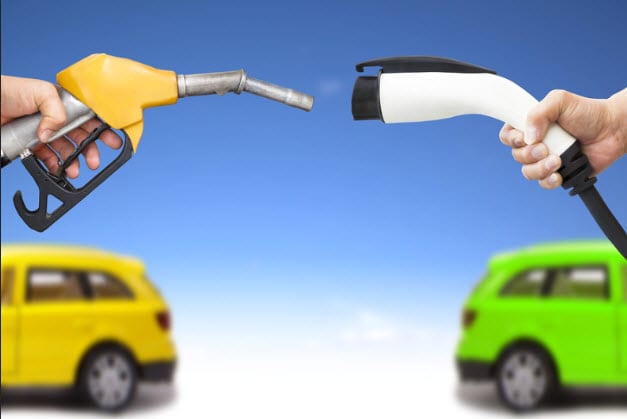European Parliament announces plans to support the adoption of hydrogen fuel vehicles as well as others
March 26, 2014EU aims to support the aggressive adoption of clean transportation throughout the region in order to mitigate fuel costs
 The European Parliament has unveiled plans to further reduce Europe’s dependence on fossil-fuels by focusing more heavily on clean transportation. According to the European Parliament, 94% of the energy consumed by transportation in 2010 was oil-based. Approximately 84% of this oil was imported and the costs of bringing oil in from outside the European Union contributed to a 2.5% gross domestic product deficit for the whole region. A continued reliance on fossil-fuels is becoming economically dangerous for the European Union.
The European Parliament has unveiled plans to further reduce Europe’s dependence on fossil-fuels by focusing more heavily on clean transportation. According to the European Parliament, 94% of the energy consumed by transportation in 2010 was oil-based. Approximately 84% of this oil was imported and the costs of bringing oil in from outside the European Union contributed to a 2.5% gross domestic product deficit for the whole region. A continued reliance on fossil-fuels is becoming economically dangerous for the European Union.
Continued dependence on oil could have major economic consequences for the whole of Europe
The European Parliament plans to support the adoption of electric vehicles, particularly those that make use of hydrogen fuel. This will involve the development of a fuel and energy infrastructure that is capable of supporting these vehicles. For battery electrics, the European Union aims to have more than 8 million publically-available charging stations operational throughout Europe by 2020. A hydrogen fuel infrastructure must also be built throughout the region and many European countries have already begun investing in the development of this infrastructure.
Clean transportation could help generate significant economic activity in many parts of Europe
According to the European Union, clean transportation could help save more than $4 billion a year by 2020, with savings increasing by approximately $1 billion every year as clean transportation reduces the need for oil. More than 700,000 jobs are expected to be created through infrastructure development initiatives as well, which could generate significant economic activity in European countries that continue to struggle with financial issues.
Comprehensive hydrogen fuel infrastructure may not be in place until 2025 at the earliest
An infrastructure for battery electric vehicles is expected to be in place before a widespread hydrogen fuel infrastructure. EU officials anticipate that a comprehensive hydrogen infrastructure will not exist until 2025, well after many automakers plan to release their hydrogen-powered vehicles in Europe. EU officials expect that a region-wide infrastructure will consist of 143 hydrogen fuel stations, with these stations being no more than 186 miles apart from one another.

 With over 15 years of reporting hydrogen news, we are your premier source for the latest updates and insights in hydrogen and renewable energy.
With over 15 years of reporting hydrogen news, we are your premier source for the latest updates and insights in hydrogen and renewable energy.